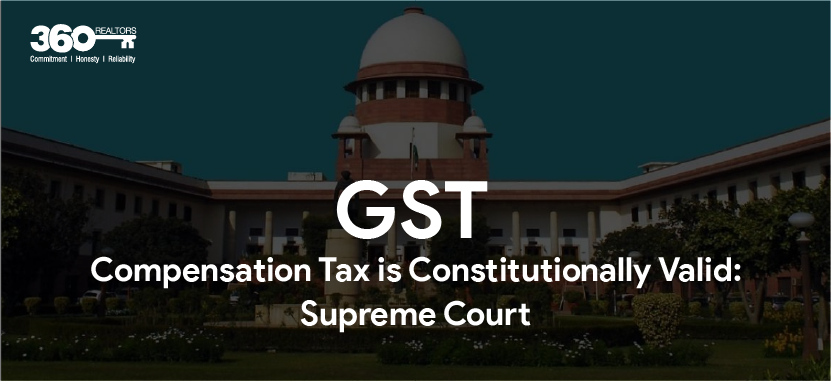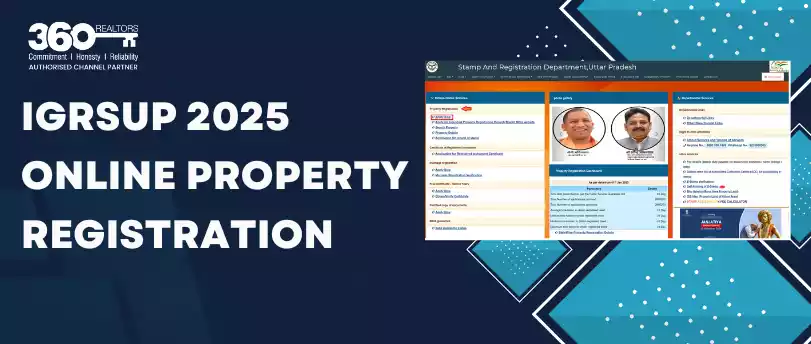The Supreme Court has stated that it isin favour of the constitutional validity of the goods and services tax (GST) law, that permits the collection of a cess, that compensates the states. Last, year, the compensation cess had been introduced, keeping the context of GST being rolled out. Its objective is to compensate the states, that might be suffering from a revenue loss, as a result of switching to the new regime of indirect tax. Homeowners interested in buying new property can have a look at the reputed real estate sites in India, in order to check out the prices and amenities.
A division bench of Justices AK Sikri and Ashok Bhushan, while delivering its judgement, directed Mohit Minerals, one of the firms, to pay cess. Earlier, the Delhi High Court had ruled in the favour of the company, which was arguing that a Clean Energy Cess had already been paid, as per the Finance Act, 2010. Therefore, the stated that it was not liable to make any other payment as tax.
Following this, the Centre had moved to the Supreme Court against the Delhi High Court. It challenged the decision with a Special Leave Petition (SPL). The order had come out on August 25, 2017, where the High Court had stated that the Compensation to States Act, 2017 was not within the Parliament’s legal competence. In case you want to invest in Indian properties, you can visit the leading real estate portals in India and have a look into the upcoming projects.
The states and the Centre had decided to levy a compensation cess, that would make up for the shortfall in revenue that the states had incurred, following the introduction of GST on 1st July 2017. This cess was supposed to be collected for a timeframe of five years, till the revenue of the states is equal or exceeds the tax that had been collected under various levies and VAT. These were actually included in the GST.
The Supreme Court observed the challenge on the basis of several grounds. This included, whether or not the Compensation to States Act, 2017 was beyond the Parliament’s legislative competence. The court examined whether the Act was violating the Constitution (One Hundred and First Amendment) Act, 2016 or not. It also looked into the matter, whether the Compensation to States Act, 2017 was a reasonable legislation. The Supreme Court verified whether the levy of the Compensation to States Cess and GST was legally permissible. It also examined whether the petitioner is supposed to get a set-off in cess payment on the basis of Clean Energy Cess that had been paid till 30th June 2017.
With the prices of residential and commercial real estate on the rise, investors should make their decisions now. In case you are willing to invest in commercial real estate India, you can have a look into the new projects in the key cities. The agents will help you to comply with the legal norms, including the GST particulars. For investors, this is the right time to make the purchase.






